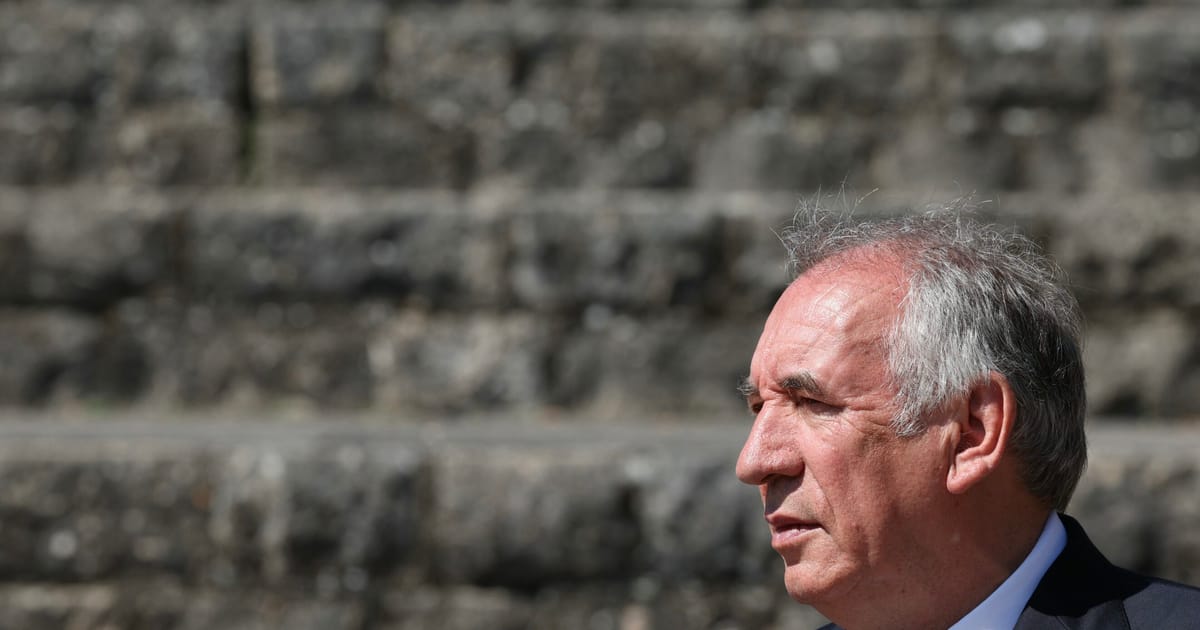

The political and economic landscapes in Europe have experienced notable dynamics, as recent events unfold in France, the UK, and Portugal. Each development highlights the nuanced balance between governance, fiscal strategy, and political expression in these nations.
In France, the political atmosphere is abuzz as the government faces a significant test. Following the collapse of crucial pension reform talks, Prime Minister François Bayrou’s government is set to undergo a no-confidence vote, anticipated to take place within 48 hours. This development adds a layer of tension to the current administration, prompting observers and citizens alike to reflect on the challenges of navigating policy reforms within complex political environments. Despite the potential for upheaval, the French political system showcases its resilience in allowing such mechanisms for parliamentary accountability and public discussion.
Meanwhile, former French Prime Minister Dominique de Villepin embarks on a new political venture with the launch of his party, Humanist France. This initiative signals his aspirations for the 2027 presidential election. De Villepin is a well-known figure, recognized for his articulate opposition to the Iraq War in 2003, a stance that garnered international attention. His current platform, characterized by a humanistic approach, criticizes global conflicts, including actions in Gaza. By forming Humanist France, De Villepin encourages a political discourse centered on compassion and global responsibility, drawing support from those seeking alternatives to established political narratives in the country.
In the United Kingdom, discussions around fiscal policy take center stage as Bank of England Governor Andrew Bailey addresses the interpretation of fiscal rule forecasts. Highlighting the importance of balanced understanding, Bailey commented on the fiscal approach of Chancellor Rachel Reeves. She had previously mentioned significant spending cuts based on projections from the Office for Budget Responsibility (OBR) in her spring statement. The governor urged caution against over-interpreting these economic forecasts, emphasizing a need for prudence and adaptive strategies in fiscal planning. This echoes broader themes in economic governance, underscoring the balance between fiscal discipline and economic adaptability in uncertain times.
Across the channel, in Portugal, the political party Chega reiterates its challenge to the government regarding fuel taxes. This push aims to alleviate financial pressure on consumers facing high energy costs. Although similar proposals from the party were previously rejected, the renewed effort demonstrates the ongoing conversation around taxation, energy policies, and the pursuit of equitable economic solutions that consider the well-being of all citizens. It encapsulates the spirit of democratic engagement where diverse voices continuously contribute to shaping public policy.
These developments collectively paint a picture of a Europe that is actively engaging with its socio-political and economic challenges. From the advocacy for policy reform and new political pathways in France to the discussions on fiscal responsibility in the UK, and demands for tax reforms in Portugal, these stories underscore the dynamic and interconnected nature of European governance. It is a reflection of societies striving for balance, adaptation, and integrity as they navigate their respective futures. The calm resolve with which these issues are handled emphasizes a commitment to constructive discourse and thoughtful resolution in pursuit of common good.
Source: {link}
